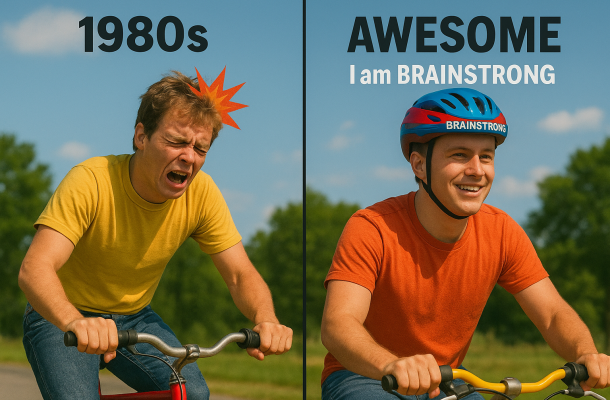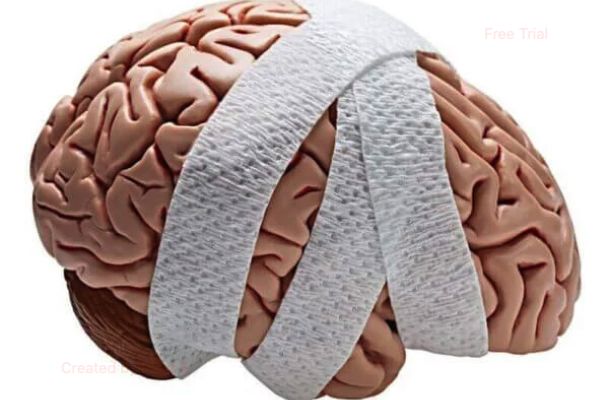The Power of Social Connection in the Journey of Living with a Traumatic Brain Injury

Living with a traumatic brain injury (TBI) is an ongoing journey that profoundly impacts not just
the individual but also those around them. Among the many challenges faced by individuals with
TBI, the need for social connection often emerges as a crucial yet sometimes overlooked aspect
of recovery. The importance of this connection cannot be overstated, as it plays a vital role in
emotional, psychological, and even physical healing.
Isolation vs. Connection: The Emotional Landscape
One of the most significant challenges for those living with TBI is the sense of isolation that can
accompany their condition. Cognitive impairments, changes in personality, and difficulties in
communication can create barriers that make social interactions more challenging. This isolation
can lead to feelings of loneliness, depression, and anxiety, which can exacerbate the symptoms
of TBI. Social connection, therefore, becomes a lifeline. Having a network of supportive friends,
family members, and caregivers can provide emotional support, reducing feelings of loneliness
and fostering a sense of belonging.
The Healing Power of Relationships
Research consistently shows that strong social connections can improve outcomes for
individuals with TBI. Relationships provide emotional support, which can help reduce stress and
improve mood. Additionally, social connections can encourage the injured individual to engage
in cognitive and physical activities that are crucial for rehabilitation. Whether it’s participating in
a conversation, joining a support group, or simply spending time with loved ones, these
interactions stimulate the brain, fostering neuroplasticity—the brain’s ability to reorganize and
form new neural connections.
Challenges in Building and Maintaining Connections
Despite the clear benefits, building and maintaining social connections can be challenging for
those with TBI. Cognitive deficits, such as memory loss, difficulty with attention, and impaired
executive function, can make social interactions more difficult. Additionally, changes in
personality or behavior can strain relationships, leading to a sense of alienation even among
those who were once close. It is essential for caregivers and loved ones to understand these
challenges and approach social interactions with patience and empathy.
Support Networks and Community Resources
Creating and maintaining a strong support network is vital. Support groups, both in-person and
online, can provide a sense of community and understanding that is often lacking in other social
settings. Community resources, such as TBI-specific programs and services, can also offer
opportunities for social engagement tailored to the unique needs of those living with TBI.
GenWell’s Role in Fostering Connection and Awareness
GenWell, Canada’s Human Connection Movement, is committed to awakening broader society
to the vital role they can play in supporting TBI survivors. This involves educating the public
about the importance of patience, presence, and understanding when interacting with those
living with a TBI. Simple acts, such as making time to connect, being patient during
conversations, and truly being present when spending time together, can have a profound
impact on the well-being of a TBI survivor.
GenWell also activates around a series of campaigns throughout the year that are intended to
catalyze Canadians to take action and get connected face-to-face with those that they have
been needing to see or those who might benefit from their support. GenWell Weekend, Talk To
A Stranger Week, Loneliness Awareness Week, Face-to-Face February, Digital Detox Days and
Red January are all part of our movement to build a more connected Canada where each of us
can thrive.
By promoting these values and encouraging people to take an active role in fostering
connections with TBI survivors, we know, or meet, GenWell is helping to create a more inclusive
and supportive community for everyone, especially those on the journey of living with a
traumatic brain injury.
This site uses Akismet to reduce spam. Learn how your comment data is processed.



Leave a Reply